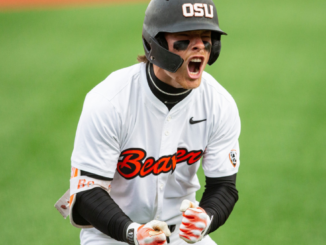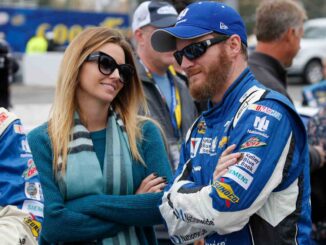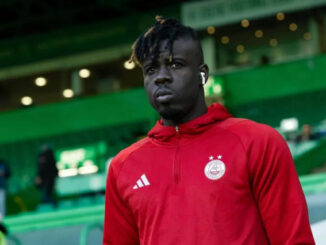The Atlanta Braves are expected to be active at this year’s trade deadline, with their general manager Alex Anthopoulos renowned for his proactive approach to making deals. The primary focus appears to be on bolstering their offense, which has shown areas that could benefit from upgrades.
The Atlanta Braves’ recent struggles underscore a critical dependency on strong pitching performances, as evidenced by their winless record in games where opponents score more than three runs over the last 26 outings. This stark statistic highlights significant challenges, compounded by underperformances from key players like Austin Riley, Matt Olson, Ozzie Albies, and Sean Murphy, alongside injuries to stars such as Ronald Acuna Jr. and Michael Harris, which have forced AAA call-ups into regular roles.
To address these issues, the Braves are likely considering multiple avenues for improvement. The return of Michael Harris should provide a boost, but they also need their established stars to regain their form. Moreover, trade deadline acquisitions could prove crucial in shoring up the team’s deficiencies. Alex Anthopoulos, known for his proactive approach, could look to upgrade positions like shortstop or the outfield, aiming to both bolster the lineup and provide depth.
One intriguing possibility mentioned is Jazz Chisholm, who could potentially address multiple needs with his versatility and dynamic skill set. Adding someone like Chisholm could inject energy into the team and help stabilize both the offensive and defensive aspects of their game.
As the trade deadline approaches, the Braves’ strategic moves will be closely watched, as they seek to address their current challenges and position themselves for a stronger second half of the season.
I have several thoughts on this entire situation, but first and foremost, moving Ozzie Albies over to shortstop? I respect Jim Bowden in a lot of ways and love Ozzie Albies, but in no way shape or form would he be a plus defender at shortstop. That’s not an option.
Secondly, trades with division rivals are rare, and a deal surrounding a star like Jazz Chisholm makes it even less likely. The price would be high, regardless of who is acquiring him, but it’ll be even higher for the Braves.
You make valid points about the history of trades between division rivals and the unique dynamics between the Braves and the Marlins.
While the Marlins have occasionally made deals that benefited division rivals, such as the Phillies acquiring J.T. Realmuto and the Marlins sending Adam Duvall to the Braves, these instances are often exceptions rather than the norm. The Marlins, like any team, prioritize maximizing their return in trades, especially when dealing with competitors within the division.
Regarding a potential trade involving Jazz Chisholm, it’s true that the Braves’ farm system may not align perfectly with what the Marlins are seeking. Miami would likely be looking for quality position-playing prospects in return, which could pose a challenge for the Braves. Nacho Alvarez, considered a promising prospect in the Braves’ system, particularly at shortstop, might be someone they prefer to retain given the current needs and outlook for the position in Atlanta.
Given these factors, while there may be historical precedent for divisional trades involving impactful players, the Braves would likely face significant hurdles, including competitive bidding and the reluctance of the Marlins to strengthen a direct rival, in any potential pursuit of Jazz Chisholm or similar caliber players. This could lead the Braves to explore other avenues or lower-profile targets to address their roster needs ahead of the trade deadline.
Acquiring Jazz Chisholm Jr. would indeed be a significant move for the Atlanta Braves, potentially addressing multiple needs in their lineup. While Chisholm has primarily played second base, his athleticism and defensive versatility could allow him to transition effectively to a corner outfield spot if needed, providing valuable flexibility for the Braves’ roster.
Chisholm’s offensive numbers this season—batting .259 with a .324 on-base percentage and .423 slugging percentage, along with 10 home runs and 39 RBI in 81 games—showcase his ability to contribute both with power and run production. At just 24 years old and under contract through 2026, he represents a long-term asset who could grow and develop further within Atlanta’s lineup.
While the acquisition cost for a player of Chisholm’s caliber and potential would indeed be high, potentially involving top prospects or established players from the Braves’ farm system, the upside could be substantial. Chisholm has shown flashes of being a dynamic player who could thrive in a new environment like Atlanta, potentially becoming an even better version of himself under different coaching and lineup dynamics.
Ultimately, if the Braves were to pursue and successfully acquire Chisholm, it would be a bold move aimed at addressing immediate needs in the outfield while also securing a young, talented player who could be a cornerstone for years to come. The investment, though potentially high, could pay off handsomely if Chisholm continues to develop and excel in Atlanta’s competitive environment.




Be the first to comment